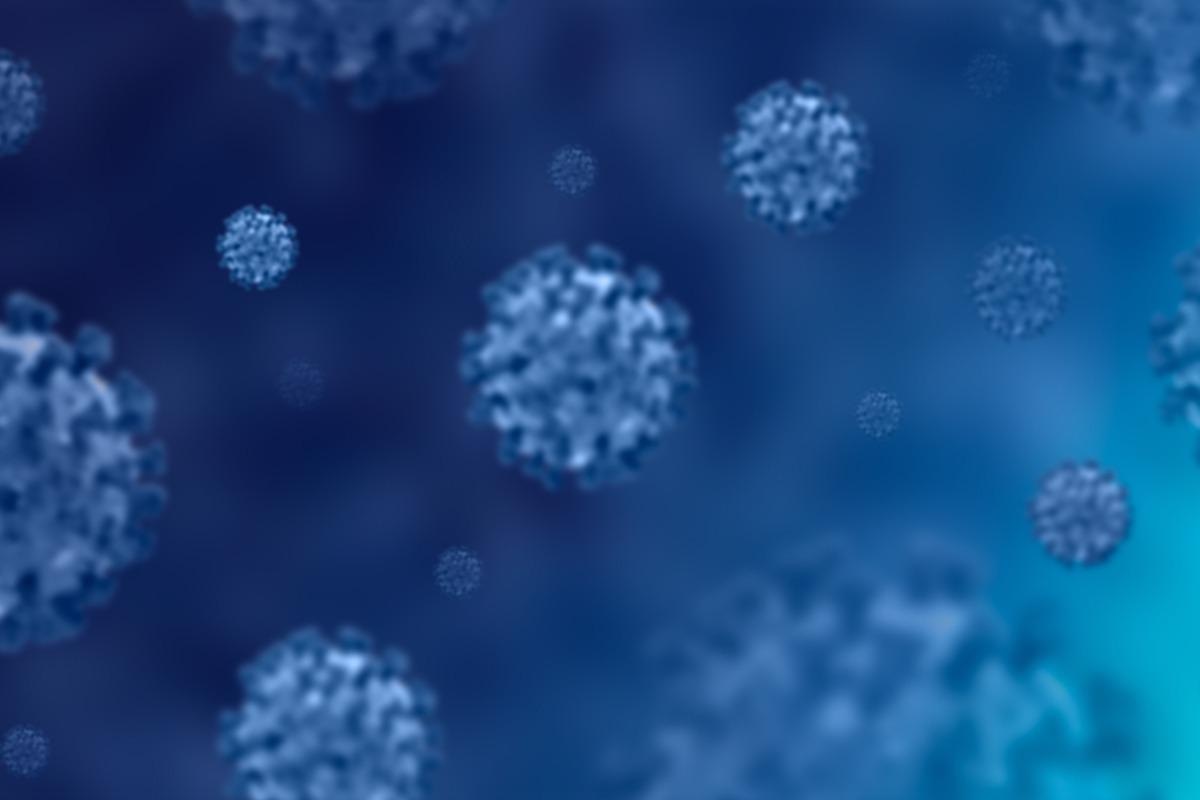In a recent study posted to the bioRxiv* preprint server, researchers developed the K18-hACE2 transgenic (K18-hACE2) mouse with hACE2 expression directed by the epithelial cell cytokeratin-18 (K18) promoter to study severe acute respiratory syndrome coronavirus (SARS‑CoV) pathogenesis. The mice were infected with the Pango B lineage, Delta, and Omicron variants of severe acute respiratory syndrome coronavirus 2 (SARS-CoV-2), and the pathogenesis and viral loads of the variants were compared.
 Study: SARS-CoV-2 Omicron-B.1.1.529 Variant leads to less severe disease than Pango B and Delta variants strains in a mouse model of severe COVID-19. Image Credit: PrinceJoy/Shutterstock
Study: SARS-CoV-2 Omicron-B.1.1.529 Variant leads to less severe disease than Pango B and Delta variants strains in a mouse model of severe COVID-19. Image Credit: PrinceJoy/Shutterstock

 *Important notice: bioRxiv publishes preliminary scientific reports that are not peer-reviewed and, therefore, should not be regarded as conclusive, guide clinical practice/health-related behavior, or treated as established information.
*Important notice: bioRxiv publishes preliminary scientific reports that are not peer-reviewed and, therefore, should not be regarded as conclusive, guide clinical practice/health-related behavior, or treated as established information.
The B.1.1.529 Omicron variant has been identified as a variant of concern due to its rapid transmission driven by a large number of changes in the spike glycoprotein, which also helps the variant partially or completely evade a wide spectrum of neutralizing antibodies. The relative severity of sickness produced by the Omicron variant compared to prior and currently circulating SARS-CoV-2 variants is a serious concern.
About the study
In this work, a near clinical (B.1.1.529) Omicron variant isolated from the United Kingdom was employed as comparators, along with the two SARS-CoV-2 variants of known origin - a Delta variant (B1.617.2) and a variant from the initial epidemic in the United Kingdom. Each SARS-CoV-2 variant was injected intranasally into three groups of mice. Total RNA was isolated from oral swabs obtained at days 2, 4, and 6 post-infection to evaluate the viral load in animals infected with each variant. Lungs and nasal tissue were also obtained at the end of the experiment. Real-time quantitative polymerase chain reaction (qRT-PCR) was used to assess viral RNA as a proxy. Also, the left lobes of the lungs were evaluated grossly and histologically to identify the extent of inflammatory alterations in the lungs.
Key findings and conclusion
In this study, mice infected with the Omicron variant lost less weight and had lower viral loads in oral swabs, lungs, and nasal tissue than those infected with the Pango B or Delta variants. The findings revealed that while Omicron-infected mice lose weight as quickly as Pango B and Delta variant-infected mice at first, they recover significantly between days 5 and 6. Less extensive inflammatory processes in the lungs of Omicron-infected mice also support this finding.
Mice infected with the Omicron variant showed much lower viral loads than those infected with the Pango B or Delta variants, as determined by RT-qPCR. The observed decrease in clinical and pathological severity and recovery in Omicron-infected mice corresponds to a relative drop in viral replication and hence burden.
The results show that the Omicron variant had lower viral loads in both the lower and upper respiratory tracts than the other variants, at least in this mouse model. If this is the case in humans, other factors such as binding effectiveness to host cells, avoiding initial host defenses in contacts, and/or behavioral patterns must account for the high rate of transmission of the Omicron variant.
In conclusion, the data provided here, as well as findings from human observational studies, imply that the Omicron variant may cause a less severe and/or faster recovery from clinical disease. However, given the high transmissibility of the Omicron variant and the fact that it evades much of the population's pre-existing immunity and existing antibody-based therapies, other measures such as social distancing, mask-wearing, and indoor contact restriction should be maintained to avoid a potentially disastrous impact on healthcare saturation.
The data presented here, and emerging from human observational studies, suggest that the Omicron variant may lead to less severe and/or more rapid recovery from clinical disease reflected in reduced hospitalization.”

 *Important notice: bioRxiv publishes preliminary scientific reports that are not peer-reviewed and, therefore, should not be regarded as conclusive, guide clinical practice/health-related behavior, or treated as established information.
*Important notice: bioRxiv publishes preliminary scientific reports that are not peer-reviewed and, therefore, should not be regarded as conclusive, guide clinical practice/health-related behavior, or treated as established information.